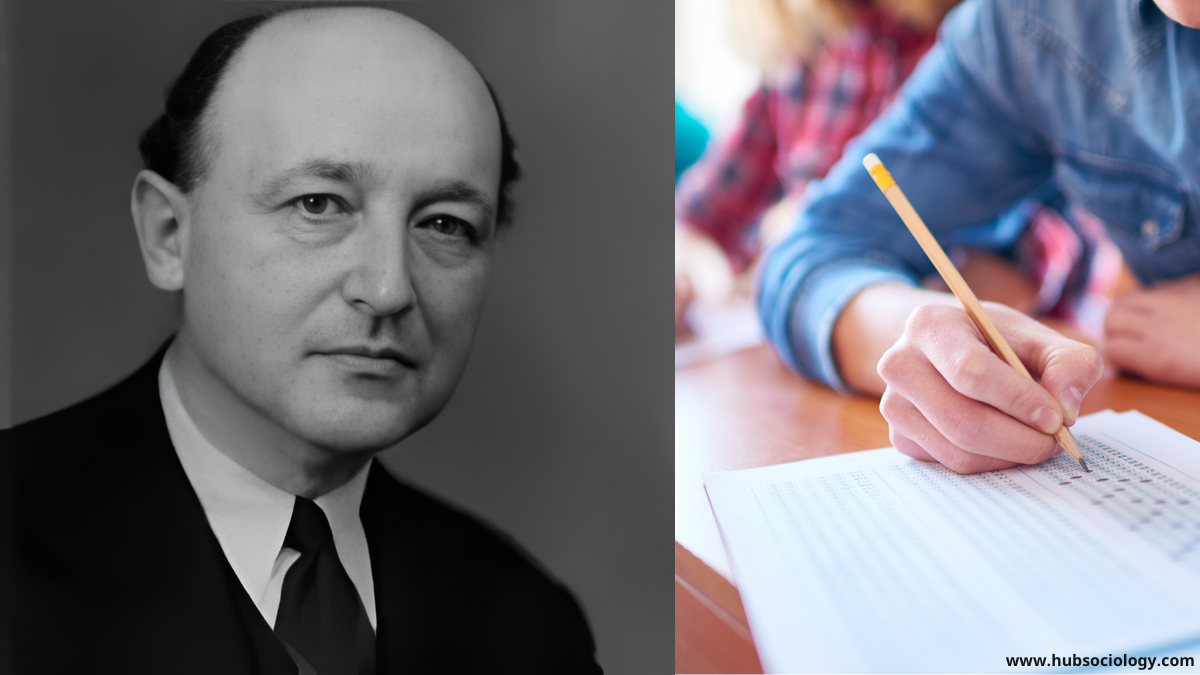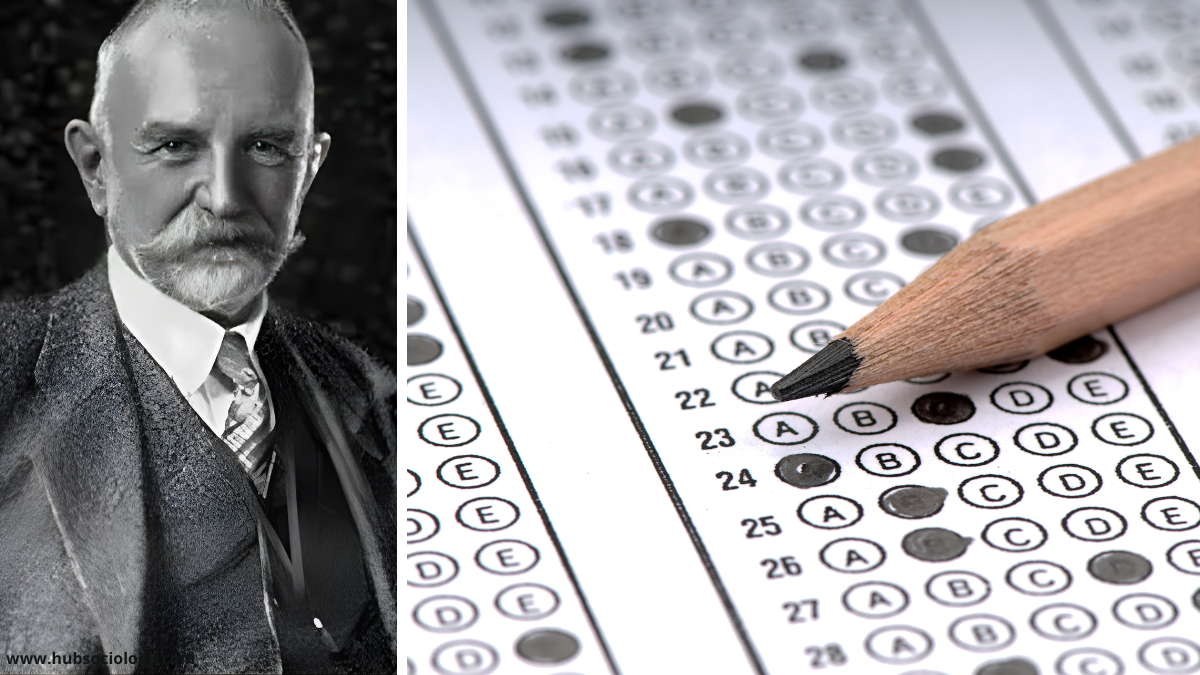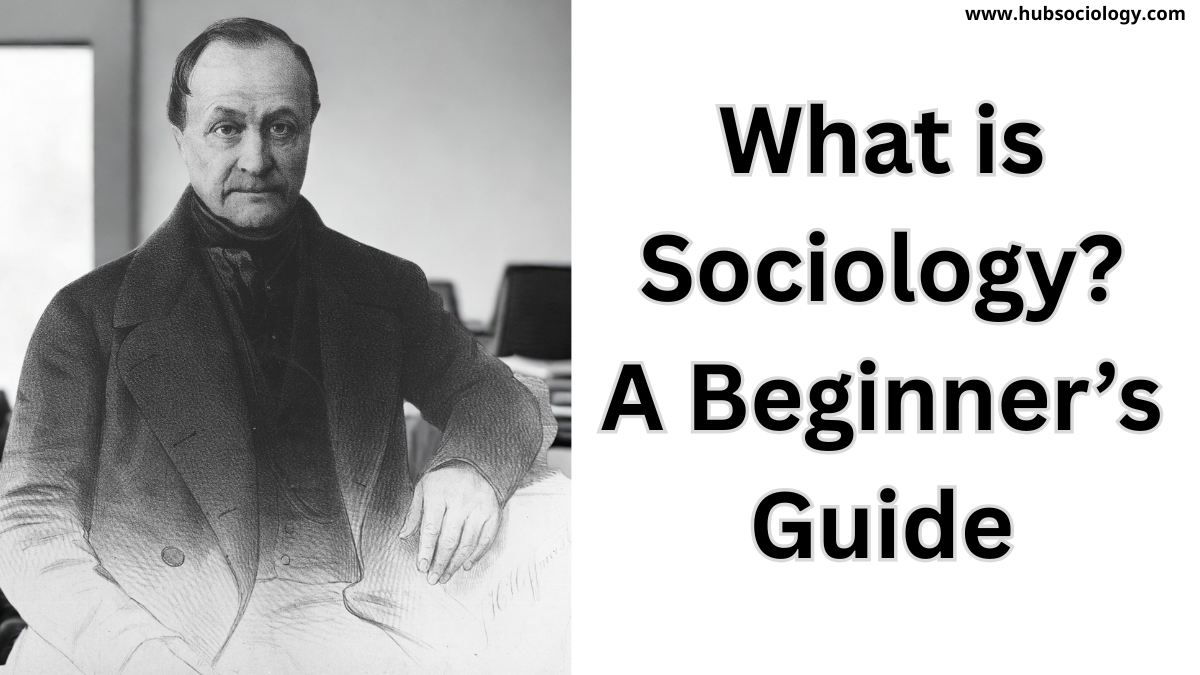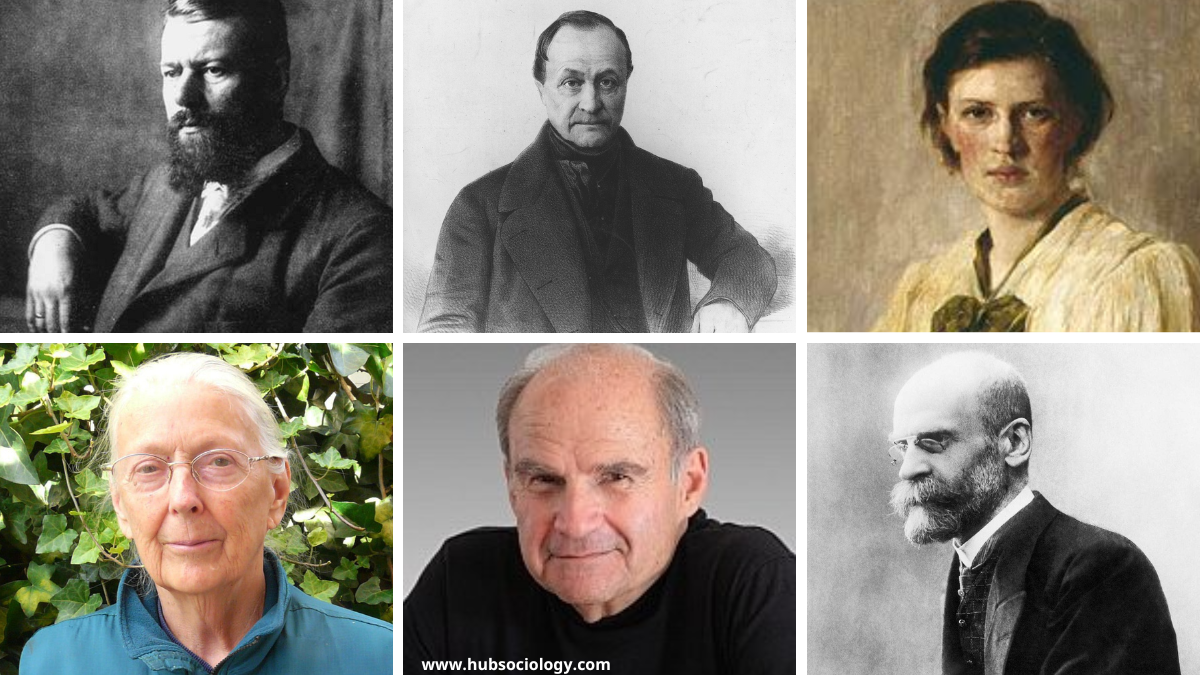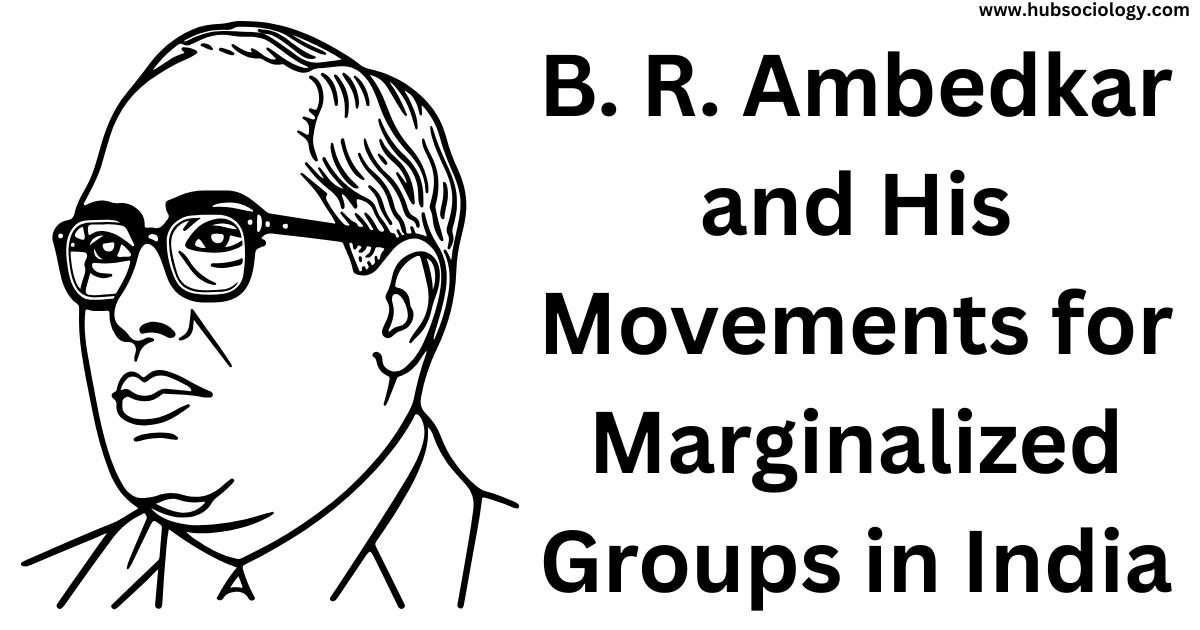Karl Manheim on Hermeneutic and Interpretative Traditions – 50 MCQs with Answers (UGC NET Sociology)
The contributions of Karl Manheim are central to understanding the interpretative and hermeneutic traditions in sociology. Mannheim’s work, particularly in the Sociology of Knowledge, explores how social location, historical context, and ideological positioning shape human understanding and interpretation. For UGC NET Sociology, questions on Mannheim often connect hermeneutics, interpretative sociology, ideology, utopia, and relationism.The following … Read more
